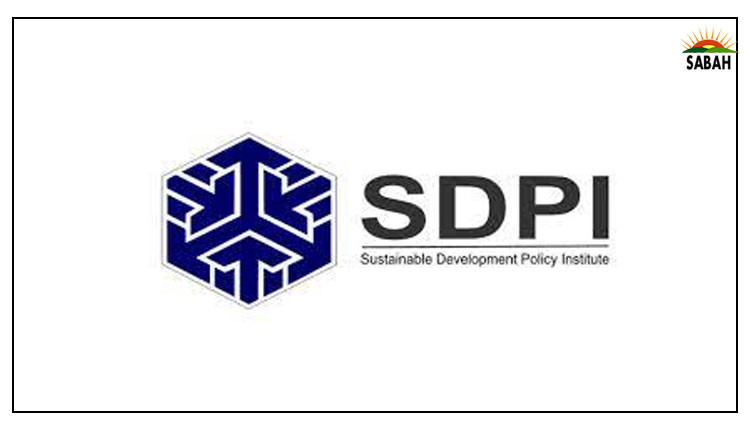Pakistan needs diversified, inclusive trade for climate friendly growth & development, say experts during Sustainable Development Conference
ISLAMABAD (December 05, 2020): Pakistan needs a diversified and inclusive trade based on reduction in its carbon footprint to ensure climate-friendly growth and development.
Experts said this at a panel discussion on Monday titled: “Can National Trade Policies Help Mitigate Climate Change?” on the first day of 25th Sustainable Development Conference (SDC) organized by Sustainable Development Policy Institute (SDPI) jointly held alongside UNESCAP’s 6th South and Southwest Asia High-level Political Forum and Policy Dialogue on SDGs. The 4-day conference is being held in Islamabad from 5-8 December 2022.
Anjum Assad Amin, the Chairperson of National Tariff Commission stressed the need for strengthening national economy through inclusive trade, competitiveness, and long-term dynamic policies.
Moreover, he said, there is need to move forward for developing partnerships and agreements with developed nations to learn from their experiences of becoming less carbon intensive economies.
Asad Hayyauddin, the former secretary, Economic Affairs Division, said trade and climate had a nexus alluding to the cost of damage due to environmental degradation of carbon intensive businesses and its perpetrators responsible for compensating the damage done to ecology.
He said Pakistan was not a developed state due to its alienation to three agreements of information technology, and environmental good that needed to be focused to achieve sustainable development.
Dr. Fahad Saeed, Climate Scientist at Climate Analytics, Germany said Pakistan is geographically situated in the two most important climatic zones where strong monsoon systems and westerly waves impact its environment and increase its vulnerability due to climate change.
He said Pakistan and Bangladesh were equally vulnerable due to climate change, but the latter bagged doubled climate finance of $14 billion in comparison to that of $7.7 billion secured by Pakistan. He stressed the need for introspection to address the gaps in advocating classes for successful climate finance achievement. An integrated approach is needed for departmental collaboration to address climate change issues, Dr. Saeed added.
Sardar Mohazzam, the Managing Director, National Energy Efficiency and Conservation Authority (NEECA), said the policy approach in terms of trade and climate was top to bottom, which should be opposite for a grass roots level intervention for promising outcomes. He added that the carbon dioxide (CO2) emissions (almost 50% of overall NDCs) were coming from the energy sector. “We shall have to focus on energy sources at local level,” he said.
Haseeb Malik, Head of Agro, PepsiCo Pakistan, said 36 million hectares (Ha) of land was irrigated in Pakistan, which was consuming over 50% freshwater resources. However, the drip irrigation technology can help reduce 70% water consumption at a particular area of cultivated land.
Syed Sayem Ali, Chief Economist, Bank of Punjab (BoP) said 30% imports of the country are of energy related that made it one of the most energy dependent economies in the world. Data suggests that global trade has increased to $30 trillion from $5 trillion this year whereas the carbon emissions have also doubled.
It has supported growth and more pollution along with global emissions whereas there are incentives for developing countries to adopt climate resilient policies that can provide benefits through green carbon credit bonds. “Over 60 countries have imposed carbon tax and any commodity exported through these states will incur cuts on our export revenue.” India and China have raised $12 billion in terms of climate bonds through corporate entities and we should focus in this direction, he suggested.












